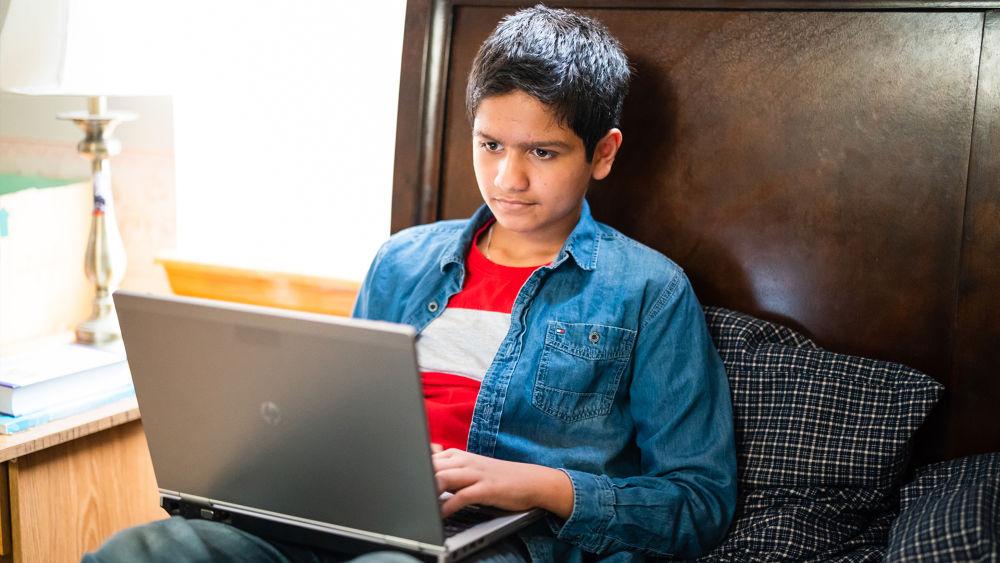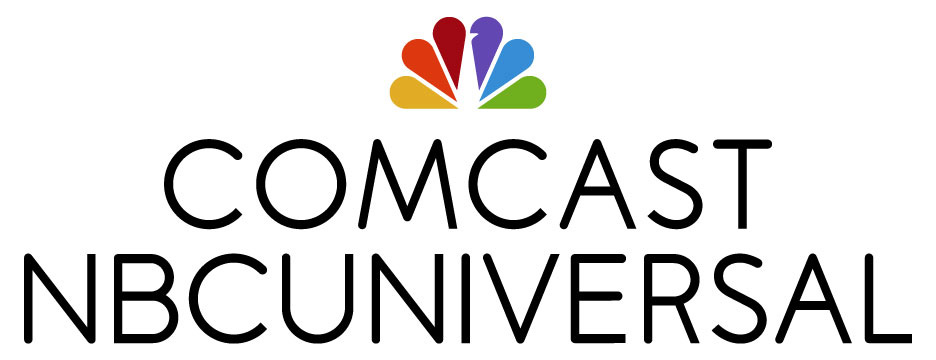As Pandemic Exacerbates the Digital Divide, Comcast NBCUniversal Works to Close the Gap

As featured in the Comcast NBCUniversal 2020 Values Report
In today’s digital age, technology is the primary conduit to economic opportunity, and it is vital to how we work, play, learn, and connect with one another. The ability to access technology from home is especially important — and is something that has always been core to who we are as a company.
At Comcast NBCUniversal, we understand how transformational connectivity can be for individuals and families, and COVID-19 has underscored the value of a broadband connection. As millions of people practice social distancing and shelter in place, they have turned to the internet to find news about the virus, continue school online, work remotely, access healthcare information, and more. The abrupt transition has shined a spotlight on the digital divide, which is an issue we have been focused on for nearly a decade. Since 2011, our Internet Essentials program has connected more than 8 million people from households in low-income neighborhoods, many for the very first time.
Once it became clear that social distancing by staying at home was going to be imperative to slowing the spread of COVID-19, we responded immediately by offering two months of free internet service to any new Internet Essentials customer. In addition, we partnered with Common Sense Media’s Wide Open School initiative to promote free educational content from Khan Academy, National Geographic, Noggin, PBS, Scholastic, Sesame Workshop, and many others, so students could continue to learn while at home.
“These last few extraordinary months have reinforced just how valuable home internet access is for every American,” says Karima Zedan, Vice President, Internet Essentials, Community Engagement and Impact. “We believe that having an internet connection at home is transformative and leads to inclusion, and inclusion is at the heart of the social change we seek with the Internet Essentials program.”
Since the launch of Internet Essentials in 2011, the goal of the program has been to help level the playing field and give as many people as possible the opportunity to succeed. When we started, we focused on reducing the digital divide’s impact on the “homework gap,” which is the inability of students from low-income households to access online educational resources from home due to a lack of internet service. Over the years, we have worked with hundreds of nonprofit partners to expand the program to help connect seniors, community college students, families receiving public housing assistance, and veterans, among others.
In 2019, we announced the largest expansion of the Internet Essentials program ever, to include all qualified low-income households including those with people with disabilities. While the program’s overall success has been impressive, we’ve seen the real impact of this investment in the stories we hear from individuals: More students are able to do their homework, apply for scholarships and colleges, and learn new digital technologies like coding, while adults have accessed healthcare information, stayed connected to family and friends across town and around the world, looked and applied for new jobs, and pursued their own dreams to be entrepreneurs — all from the safety of their own homes.
Over the last decade, we have helped people move across the digital inclusion continuum: from increasing technology access, to developing skills, to ultimately leveraging those skills for economic mobility. We have focused in particular on creating opportunities for groups often underrepresented in tech — including girls, people of color, and people with disabilities, among others — to develop tech skills and expand their horizons.
“Technology can be a great equalizer, but we know that for technology to truly be empowering, individuals and institutions need access to quality training and resources to grow their skills and overall digital proficiency,” says Dalila Wilson-Scott, Senior Vice President for Community Impact at Comcast Corporation and President of the Comcast NBCUniversal Foundation. “That’s why we have invested more than $650 million to date in digital literacy training and awareness — and it’s why, in light of the pandemic, we will continue to invest in digital initiatives for our communities.”
In affirming our long-held beliefs, while also understanding how best to support communities that are most immediately impacted by COVID-19, we know that it is important to be flexible and responsive to help our partners pivot where necessary and to use technology to better serve their clients’ needs.
Assistive technology and targeted tech coaching have always been central to our serving individuals with both physical and developmental disabilities as they pursue paths to independence. We have continued our support of both group and one-on-one coaching at The Arc affiliates across the country, and we are identifying thoughtful technology upgrades that will help the organization provide personalized service and reach more clients remotely. For Easterseals, we have funded a program that will help digitize their training resources and expand their ability to certify service partners virtually. This will help expand the number of locations that are compliant with the Americans with Disabilities Act and that have the appropriate gear and training to meet transportation needs.
Many of our partners are still managing through these challenging times and becoming much more dependent on various forms of technology for connecting with clients, donors, and the broader community. In light of this, Comcast hosted a podcast training exclusively for nonprofits and led by our very own LIFT Labs graduate, Molly Beck, founder of Messy.FM. Since then, we have learned that nonprofits are taking advantage of the podcast subscription to better connect with their key stakeholders, including staff and clients. Finding different ways to authentically connect with audiences will be an essential skill in this pandemic.
We know that many families are struggling and that the economic impacts of the pandemic will be lasting and profound, particularly for marginalized communities. We remain committed to helping connect as many people as possible to the power of the internet and enabling them to participate, and succeed, in our digital world.

